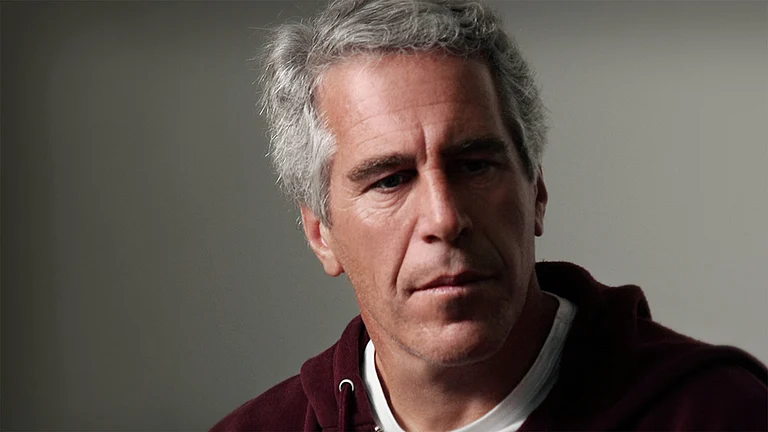"I don’t teach chemistry. I want students to enjoy it and be confident," says the 63-year-old who retired from the Bhabha Atomic Research Centre’s (BARC) radio-isotopes wing in 2000. Last year, he set up Rasayan Bharati with the idea of popularising science among students in urban and rural Maharashtra. So far, he’s held demonstrations in local schools and conducted several workshops. He also runs a Practicals Club on weekends at his house.
Mishra’s young proteges aren’t trapped in a world of unfathomable equations and textbook finalities where formulas are memorised and forgotten. It’s quite the opposite. In his creative workshops, children play games about elements and compounds. They go home to look for onion slices, strips of bhindi and dabs of dahi to conduct that elementary test with the Universal Indicator—to find if the stuff is acidic, alkaline or neutral.
"Chemistry should be fun, not an intimidating chore. But most poor schools can’t afford laboratories," he says. Some schools get teachers to perform experiments while students look on. "If kids are scared to touch equipment, how will they have the confidence to discover new things? Did you know that dye was discovered by accident?" he asks. Not the three Rs, but it is the three Cs which are crucial for Mishra: chemistry, curiosity and confidence. He also believes that "kitchen is the first lab".
As a child growing up in Dhanbad, Mishra was obsessed with crackers. "I wanted to learn how to make crackers. But no one sold chemicals in small quantities." Cracker mania led him towards chemistry and he completed his MSc in the subject. He moved to Mumbai in the ’60s with a posting in BARC. One day, as he was helping his son come up with a science project (‘Fun in my chemistry lab!’), the idea of getting youngsters to enjoy the subject was born. For the last 20 years, he’s been visiting schools to enthuse students about chemistry. After retirement, this work became full time.
Mishra comes armed with a portable chemistry lab—a small wooden box crammed with a dozen test tubes, tongs, beakers, a tripod, wash-bottle, a delicate burette and pipette and tiny bottles of chemicals. Students are encouraged to come up with their own experiments and do interactive practicals. He’s put together a series of games to help familiarise them with the nuts and bolts of theory: elements, symbols, formulae, equations. "I want them to think of chemistry as a story of 109 elements which are like people. They have friends and enemies. They come together to form alloys and compounds. It’s the story of their birth, growth, utility and disposal."
Sananda Mukhopadhyaya, 15, who attended a workshop by Mishra, says it changed the way she looked at things: "There’s chemistry everywhere. Everything is reacting to something. We looked at the basics and didn’t focus on memorising things."
Mishra wishes that schools and parents would change their usual rigid approach towards the teaching of chemistry. "Schools focus on finishing the syllabus and parents are only concerned about marks. Children should be left alone to inquire and experiment." From the poor schools with no labs or equipment, he wants to extend his chemistry workshops to the villages. If you want to help in any way, contact: Rasayan Bharati, CH 1/75 Kendriya Vihar, Kharghar, Mumbai. Pin: 410210. Phone: 27578470.
























